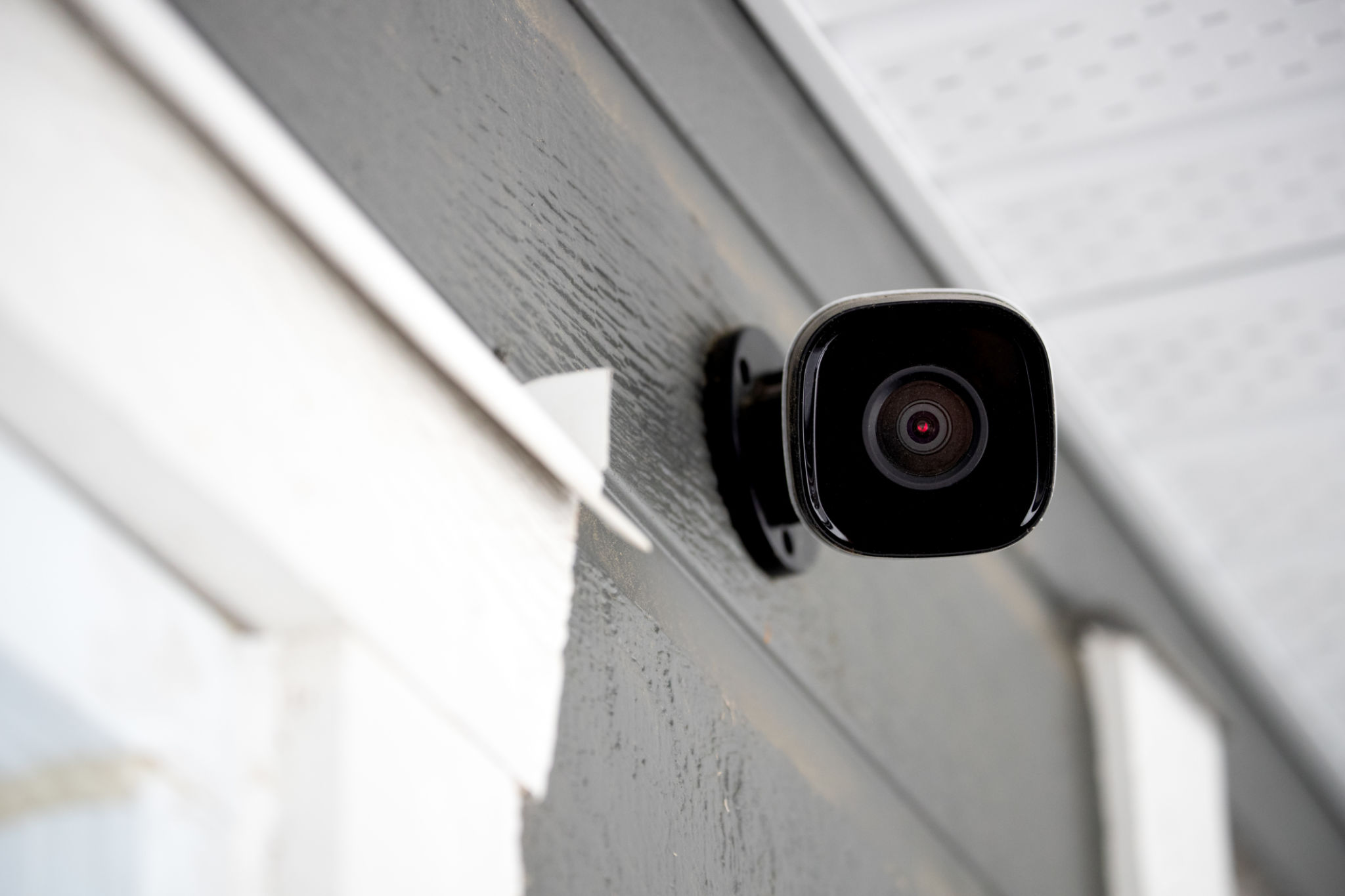Expert Tips for Choosing the Right Smart Home System
AD
Understanding Your Needs
Before diving into the world of smart home systems, it's crucial to understand your specific needs. Are you aiming to enhance security, improve energy efficiency, or simply add convenience to your daily routine? Knowing what you hope to achieve will help you select a system that best aligns with your goals. Consider the devices you already own and how they might integrate with new technology.
Additionally, take stock of the size and layout of your home. Larger homes may require more robust systems with greater range and connectivity options. For smaller spaces, a simpler setup might suffice. Understanding your living environment is the first step in making an informed decision.

Compatibility and Integration
One of the most critical factors when choosing a smart home system is compatibility. Ensure that the system you are considering can seamlessly integrate with existing devices and platforms. This includes checking whether it supports popular virtual assistants like Amazon Alexa, Google Assistant, or Apple HomeKit.
Integration doesn't end with compatibility. Explore how well different devices work together within the ecosystem. A well-integrated system will allow for synchronized operations, such as turning off lights when you lock the door or adjusting the thermostat when you leave home.
Security Features
Security is a paramount concern for many smart home users. When evaluating systems, look for those with robust security features, such as encryption and two-factor authentication. These measures help protect your personal information and ensure that your home remains secure from unauthorized access.
Consider systems that offer regular updates and patches to tackle new vulnerabilities. A proactive approach from manufacturers in addressing security concerns is essential to maintaining a safe smart home environment.

User Experience and Interface
The user experience is another crucial aspect to consider. A smart home system should be intuitive and easy to use. Look for systems with user-friendly apps that provide clear instructions and easy navigation. The ability to customize settings to fit your lifestyle can also greatly enhance the overall experience.
Reading reviews and testimonials from other users can provide insight into how easy or challenging a system is to use on a day-to-day basis. Opt for systems that prioritize simplicity without sacrificing functionality.
Scalability and Future-Proofing
As technology evolves, so too will your needs and the capabilities of smart home systems. It's important to choose a system that can grow with you. Look for solutions that offer scalability, allowing you to add new devices or features over time without needing a complete overhaul.

Future-proofing your smart home system means opting for products from reputable brands known for innovation and support. This ensures that your system remains relevant and functional for years to come.
Budget Considerations
Finally, consider your budget when choosing a smart home system. Prices can vary significantly depending on the features and level of sophistication you desire. It's important to balance cost with functionality, ensuring you get the best value for your investment.
Remember that the most expensive option isn't always the best choice for everyone. Assess what features are most important to you and allocate your budget accordingly. By strategically selecting components, you can build an effective system without overspending.